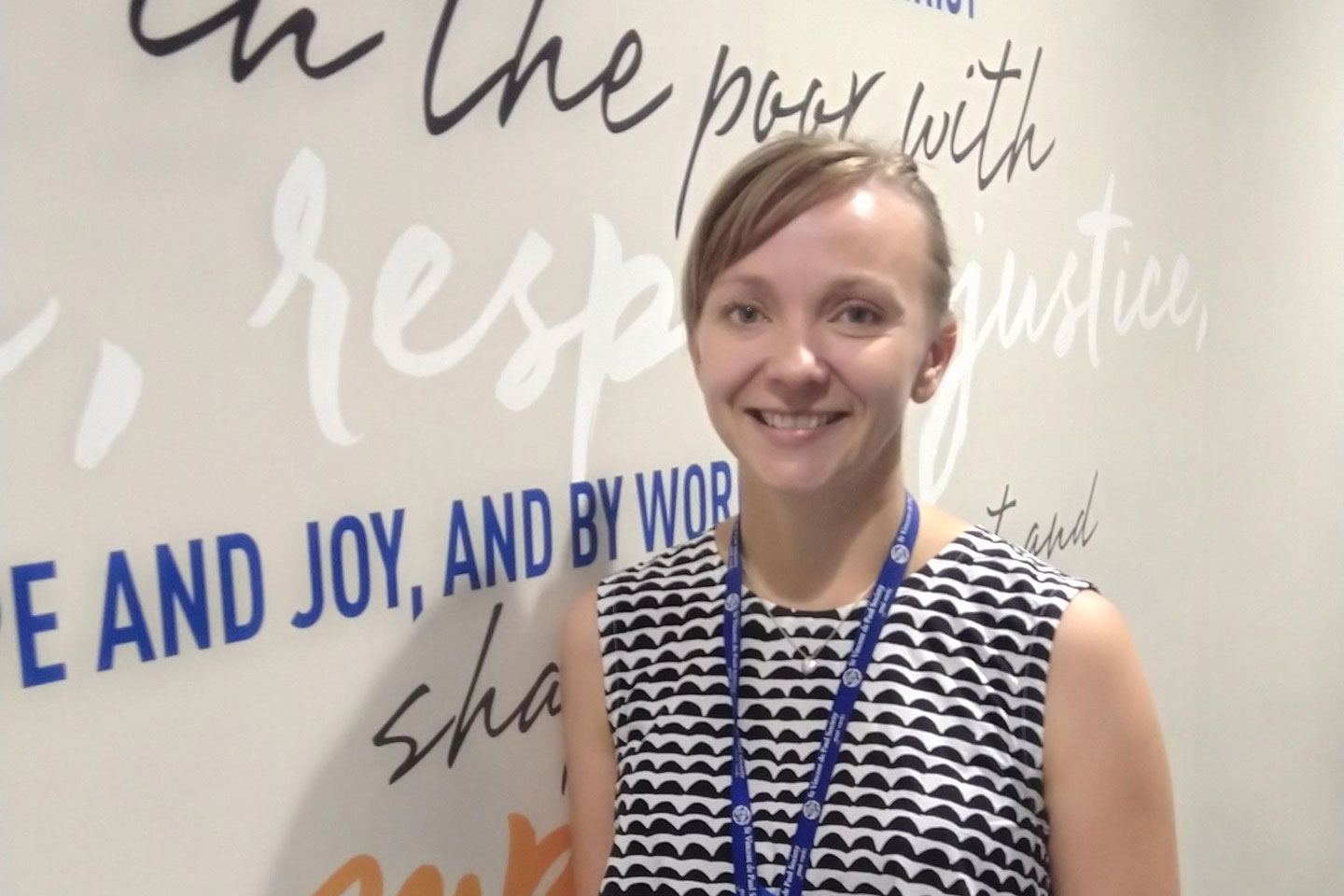

Women have traditionally made up the bulk of the broader community services sector in terms of the workforce and volunteers.
Historically, it has been men who occupy the executive positions. That is a situation that is changing slowly.
Some of Western Australia’s leading not-for-profit organisations are being led by women, if not in the role of chief executive, at least within an organisation’s ‘silos’.
We talk to some of these women and find out what makes leadership in a NFP particularly rewarding – and challenging – in 2023.
Building on tradition
St Patrick’s Community Support Centre (St Pat’s) has been powered by women since its inception and the homelessness support service and community housing provider credits its innovative, collaborative organisational culture to a 50-year legacy of female leadership.
From its first group of volunteers to the first staff member and executive director, women have been at the forefront of the organisation.
Like other NFPs, in the past men have occupied roles in management but, as St Pat’s chief operating officer Traci Cascioli said, that was beginning to change incrementally.
“People assume that because we’re in a caring, supportive sector that female leadership would be the norm,” Ms Cascioli said.
“They forget that traditional welfare services were often quite paternalistic, and those attitudes extended to people working and volunteering in the sector as well.”
Like many others, Ms Cascioli began her career at St Pat’s on a part-time basis, helping to run its small, in-house Health Clinic.
But her ability to problem solve and develop opportunities soon saw the position grow, along with the suite of health services the clinic provided to people experiencing homelessness.
After building the organisation’s health services, Ms Cascioli took on the role of managing St Pat’s Day Centre, helping to build partnerships with more than 30 service providers and overseeing the creation of WA’s first, pro bono dental clinic for people experiencing homelessness.
“The success of a not-for-profit hinges on its ability to maximise resources, so it was always logical to me that to provide the best outcomes for our clients, we needed to invest in our relationships within our community to build a strong foundation for collaboration,” Ms Cascioli said.
Ms Cascioli has a background in behavioural science and alternative therapies and has lectured at universities.
“Growing up in South Africa through the tail end of the apartheid era, I had an awareness of the violence, trauma and poverty which state-sanctioned segregation can cause,” she said.
“I could never understand it because to me, people are people.
“So, I suppose, working in a sector that strives to break down those barriers aligned with those values, which had been instilled in me from a young age.”
Supportive ecosystem

Karen McAulay, St Bart’s Aged Care Services Manager.
A relative newcomer to the not-for-profit sector, St Bart’s aged care services manager Karen McAulay said she had found it a supportive space to work in since making the jump two years ago.
“It is a more uplifting environment and there is potential for growth within the organisation,” Ms McAulay said.
Her perspective has been shaped by challenges she has faced working her way up the ladder, experiencing limited career advancement opportunities and gender bias.
Ms McAulay leads St Bart’s large team of registered and enrolled nurses, case managers, support workers and care assistants.
She is at the helm of daily operations for the James Watson Centre, which is the only recognised provider of homeless residential aged care in Western Australia.
The centre is home for up to 40 men at any given time who have experienced chronic homelessness.
This includes some who have aged prematurely as a result of their experiences with homelessness. Residents range in age from those in their fifties to those in their nineties.
“My advice to women who are keen to work in the NFP sector is to focus on what you are passionate about, ask questions, look for a role model and mentor, and seek out leadership development opportunities,” Ms McAulay said.
Aspiring female leaders welcome
Maija Hildebrand is the manager of service development at Vinnies WA.
Her responsibilities include managing the Vinnies Emergency Assistance and Youth Engagement Programs, as well as working across multiple teams to lead service development and innovation, with a specific focus on outcomes measurement and data analysis and insights.
In 2021, Ms Hildebrand was awarded the Entry to the C-Suite scholarship, a six-month program delivered by Tower Human Capital, which developed it in 2017.
It is designed to accelerate the growth and career readiness of aspiring women leaders, and each year offers fully subsidised placements for emerging female leaders from the not-for-profit sector.
Ms Hildebrand said the program gave her an insight into the importance of sponsorship – a concept that the program is focused around.
“Sponsorship is different from mentorship or coaching,” she said.
“It is essentially having senior leaders in the organisation recognising leadership potential in their employees and then actively encouraging their career development.
“I would love to see the idea of sponsorship be more commonly talked about in the not-for-profit sector because although over 75 per cent of the sector workforce is made up of women, there is still a gender imbalance when it comes to the leadership level.
“I believe it is important to foster women’s career potential at all stages of their careers, and sponsors can certainly play a big part in this.
“My career so far in the not-for-profit sector has been inspired and guided by strong female leaders, who lead with compassion and empathy and who are very good at setting a vision and focus, even at chaotic and uncertain times.
“I believe that being able to ‘operate in ambiguity’ is an essential skill in the modern workplace, and especially important in our industry where lack of funding or resources coupled with events such as COVID or natural disasters often present leaders with unprecedented challenges.
“However, I love working in the NPF sector as it is fundamentally resilient and people-focused, and it feels great when you know you have contributed to positive change.”













